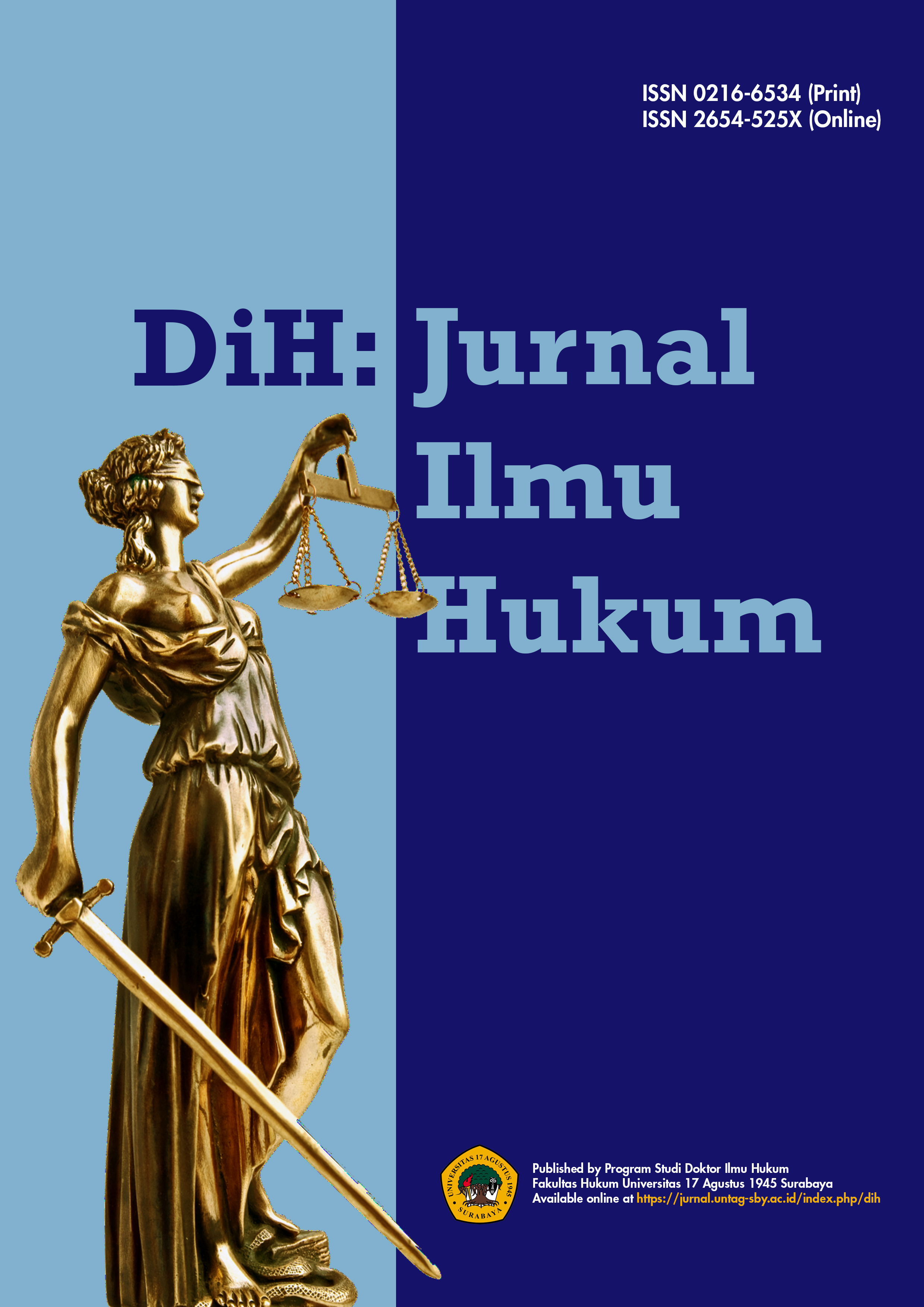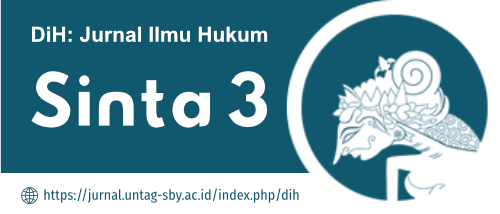Implementing Forensic Psychology to Assess Criminal Responsibility in Juvenile Offenders
DOI:
https://doi.org/10.30996/dih.v20i2.10573Keywords:
child, criminal liability, forensic psychology investigationAbstract
Almost every juvenile offender is diagnosed with one or more categories of mental disorders. Currently, the role of psychology at the police level in handling juvenile offenders serves as a supplementary element when deemed necessary, as stipulated in Article 27 of Law No. 11/2012. This forensic psychology process provides the legal system with clinical data and analyses of the defendant's mental function, mental status, and capacity at the time of the alleged crime. By producing assessments, forensic psychologists offer law enforcement agencies a basis for making informed decisions regarding criminal responsibility and appropriate measures for juvenile offenders. This article focuses on the influence of psychology on criminal responsibility and the role of forensic psychology in determining criminal responsibility during the investigation of juvenile offenders. The research method employed is normative-legal research. The findings indicate that the element of fault is synonymous with the element of criminal responsibility, with fault being fundamentally psychological. The central role of clinical psychologists in evaluating criminal responsibility for juvenile offenders involves obtaining and providing the legal system with clinical data and analyses of the defendant's mental function, mental status, and capacity at the time of the alleged crime. This includes determining whether the defendant was suffering from mental disorders, mental illness, mental disabilities, or mental retardation at the time of the alleged crime. The emphasis is on documenting criminal histories related to the emotional or mental condition of juvenile offenders.
Downloads
Downloads
Published
Issue
Section
License
Authors who publish with DiH: Jurnal Ilmu Hukum agree to the following terms:
- Authors transfer the copyright and grant the journal right of first publication with the work simultaneously licensed under a CC BY-SA 4.0 that allows others to share the work with an acknowledgement of the work's authorship and initial publication in this journal.
- Authors are able to enter into separate, additional contractual arrangements for the non-exclusive distribution of the journal's published version of the work (e.g., post it to an institutional repository or publish it in a book), with an acknowledgement of its initial publication in this journal.
- Authors are permitted and encouraged to post their work online (e.g., in institutional repositories or on their website) prior to and during the submission process, as it can lead to productive exchanges, as well as earlier and greater citation of published work (See The Effect of Open Access)










